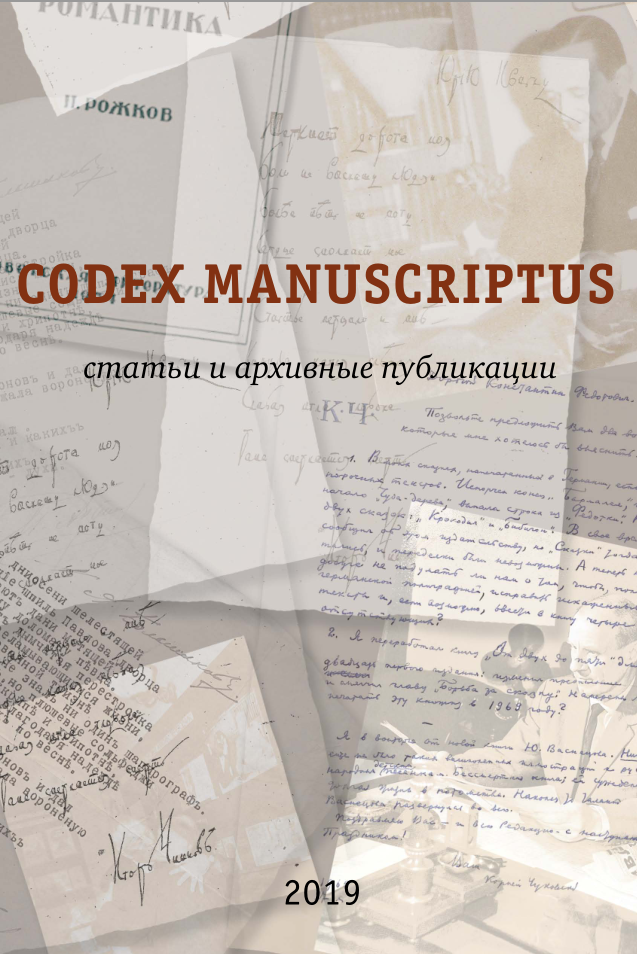Abstract:
Despite the relatively small role of fantastic in the works of A.P. Chekhov, some stories can be surely included into the fantastic genre; also the general spirit of his artistic work, though he definitely was a realist, have some air of mystic view of life. At the same time, irony and sober judgment about the surroundings don’t leave him while writing fantastic stories. The article deals with the story “Flying Islands” that combine a fantastic plot with a caricature of Jules Verne’s books. We name the main works of Chekhov having fantastic elements; there are quite a lot of them. Chekhov approached the fantastic on the different stages of his life, and we analyze his early story “Flying Islands”, its plotlines, compositional features, and its links with the following works. The research tool is the method of calculation of antonymic pairs for each moment of the narrative. We can see that the unraveling of the plot differs from the classic scheme: exposition, suspense, climax, anticlimax, conclusion. We believe it is necessary to continue studying the fantastic motives in Chekov’s works.






